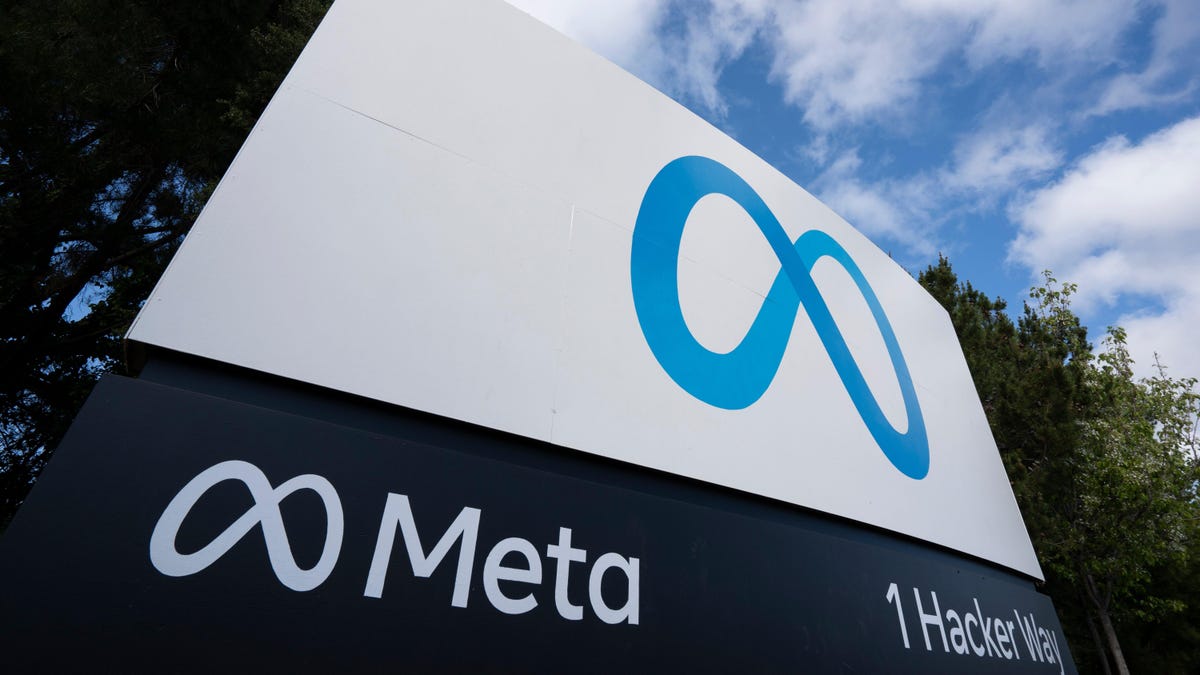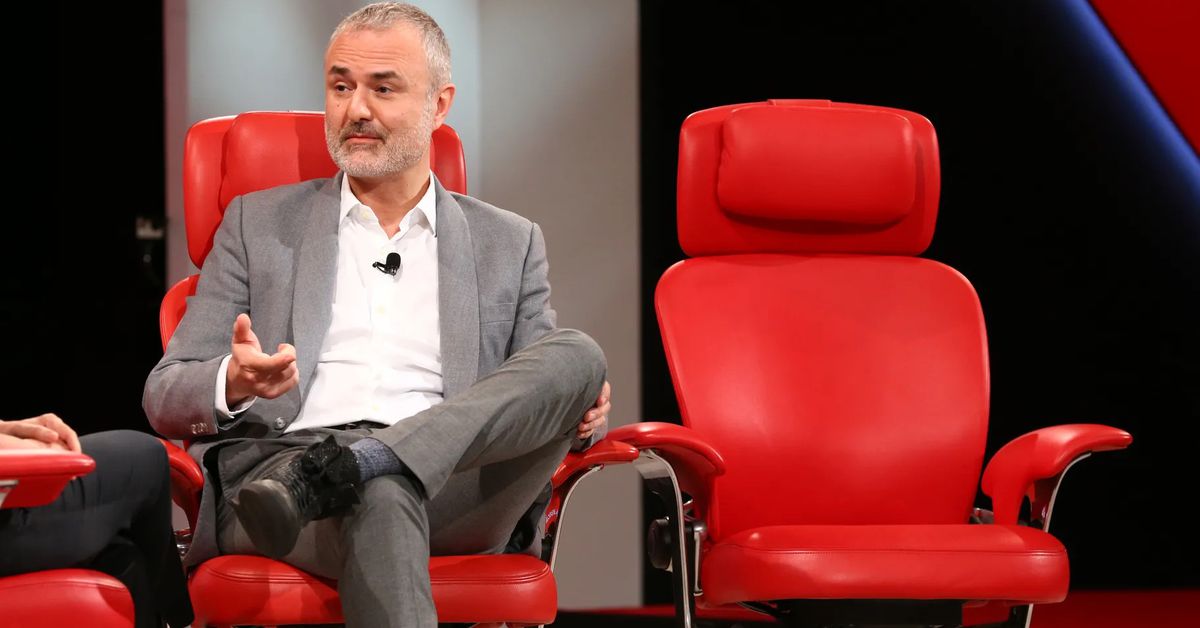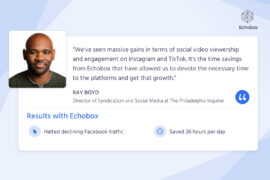In this week’s Roundup: Meta’s war of words with Canada kicks up a gear, lessons to be learned from the travails of Buzzfeed and Gawker and Google’s new AI search feature is on the horizon.
News
Meta has once again reiterated its threat to block news from their platforms in Canada, writes Gizmodo’s Lauren Leffer. This is part of its fightback against proposed legislation that would force it to pay publishers for their content.
Meta, on their part, maintain that it is publishers who are benefiting from Facebook and Instagram, not the other way round.
The news comes just days after the company’s President of Global Affairs, Nick Clegg, bailed on a Senate hearing in Canada, after its title was changed to “Tech Giants’ Current and Ongoing Use of Intimidation and Subversion Tactics to Evade Regulation in Canada and Across the World.”
If you thought the acid climate or sputtering outrage on Twitter couldn’t get any worse, we’ve got news for you. Fired Fox anchor Tucker Carlson has announced that he’s taking his show to the platform, reports the BBC’s Brandon Drenon.
It’s unclear what the show will look like, or how it will avoid bumping up against the platform’s content moderation policies – not to mention regulations set out in the EU’s Digital Services Act.
Elon Musk was quick to point out that there is no deal between Twitter and Carlson, and that “Tucker is subject to the same rules & rewards of all content creators.”
Analysis
Buzzfeed News is gone. Vice is close to bankruptcy. One by one, aughts digital darlings are biting the dust. How did we get here?
Vox’s Peter Kafka spoke with BuzzFeed’s Jonah Peretti and Gawker’s Nick Denton as well as Semafor’s Ben Smith about what happened and what lessons can be learned.
Bluesky is the latest social network hyped as the potential successor to Twitter. Beginning life as an internal project at Twitter, the two cut ties after Elon Musk’s takeover. Now, Bluesky is in a closed beta testing and invites are selling for a lot on Ebay, writes Engadget’s Karissa Bell.
Bluesky shares some similarities with Mastodon. It, too, is a decentralized social network relying on open source technology. Unlike Mastodon, however, their tech is designed to make portability simple. One of the big issues with decentralized platforms is the need for different profiles on different servers. Bluesky’s main USP is that it allows users to port over their profiles with the associated audience graph, reducing the friction between different servers.
Feedback from early users is that it’s a lot like Twitter (which isn’t necessarily a bad thing). Watch this space.
AI
With Microsoft’s Bing search engine incorporating GPT-4’s generative AI technology, Google is aiming to do similar.
The Verge’s David Pierce got an early look at the results.
In contrast to Bing, Google Search’s use of AI is supplementary rather than revolutionary. “AI snapshot,” as it’s called, is a small box that appears at the very top of a search page (with a few exceptions for certain topics such as health). The feature is designed to answer more nuanced, complex questions, without right or wrong answers – something that search engines have traditionally struggled with.
Some believe, however, that Google’s further implementation of AI into their products is happening too fast. With the technology still prone to “hallucinations” (making things up, to you and me) and worse, the potential downside to Google could be vast.
Meta has been sinking money into the metaverse for a long time now, with little to show for it in terms of ROI. Understandably, this has made investors a little nervous. So, reports Kari Paul and Johana Bhuiyan of The Guardian, in his latest earnings call, Mark Zuckerberg shifted course, bigging up the company’s investment in… wait for it… generative AI.
Meta is no stranger to AI, using the technology with its recommender algorithms. But generative AI is a different beast. On the call, Zuckerberg talked of the implementation of generative AI into WhatsApp and Messenger, as well as “visual creation tools” for its social platforms.
The company will be hoping that these measures will help it assume a leading position in the AI goldrush. Industry experts agree, however, that it has a lot of ground to make up.





/cdn.vox-cdn.com/uploads/chorus_asset/file/24644238/SGE_Bluetooth_Speakers_v2.png)



